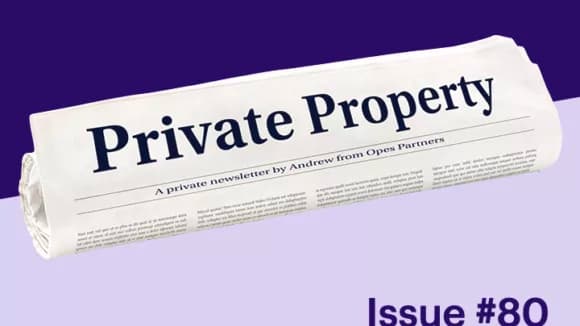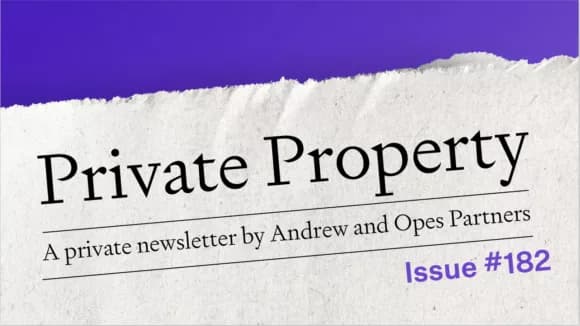If you buy a property in Auckland, our model suggests that:
- There is a 30% chance your house doesn’t go up in value in the first year
- After 3 years, the probability drops to a 21% chance
- After 10 years, you have an 8% chance that your house hasn’t gone up in value.
Flip around the other way. After 10 years, you have a 92% chance that your house has gone up in value.
What’s the trend?
If you buy a property and only hold it for a few years, you have a larger chance of losing money.
There’s more risk.
If you buy a property and hold it for decades, there is a smaller chance of losing money. There is less risk.
Property is more risky if you buy and sell quickly. It is less risky if you are in it for the long run.
How does this work in practice?
Because this is a new concept, it can be hard to get your head around. Think of it this way.
Property values tend to go up in the long term. But, sometimes, they’re up. Sometimes, they’re down.
Think about an area like Gisborne. Over the last 30 years, property values in the region have gone up by 6.36% a year on average.
But there were 9 years between 2007 and 2016 when house prices didn’t go up at all. Most of the time they went backwards.









